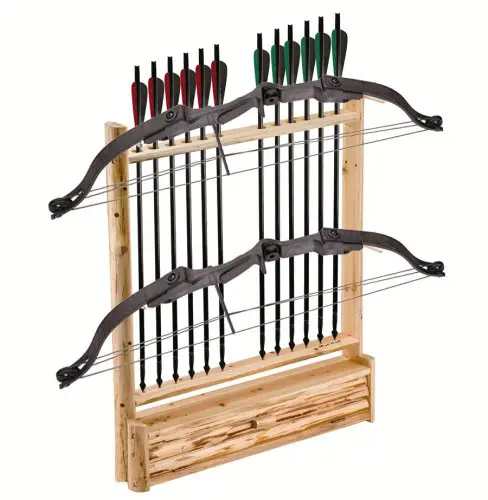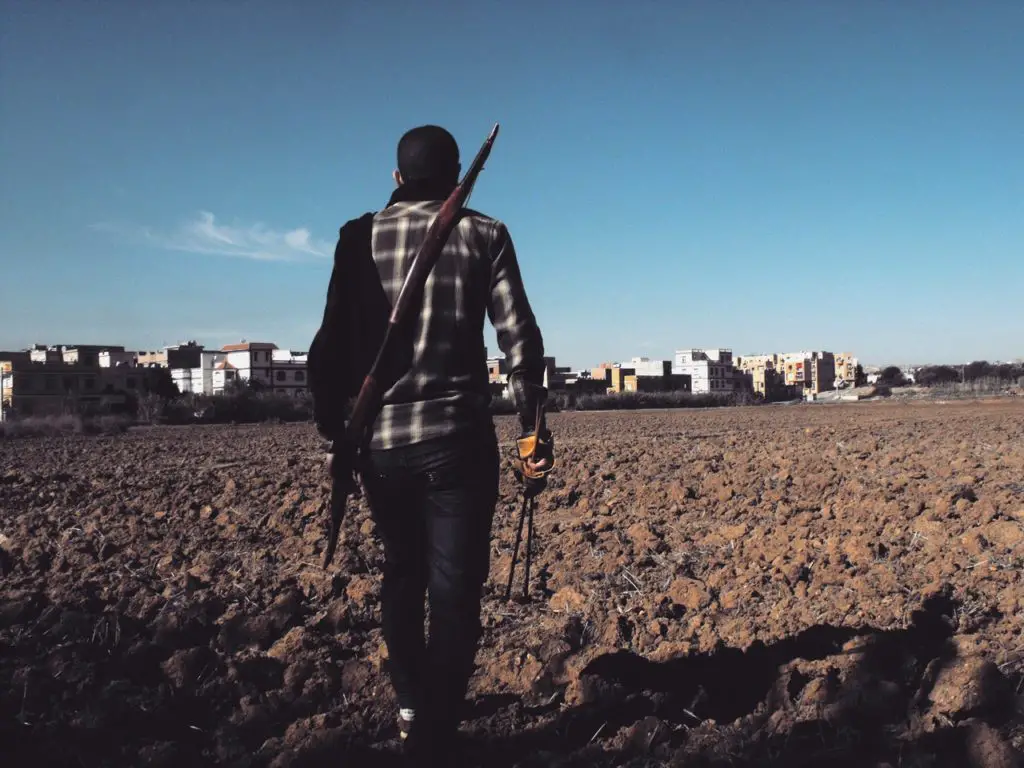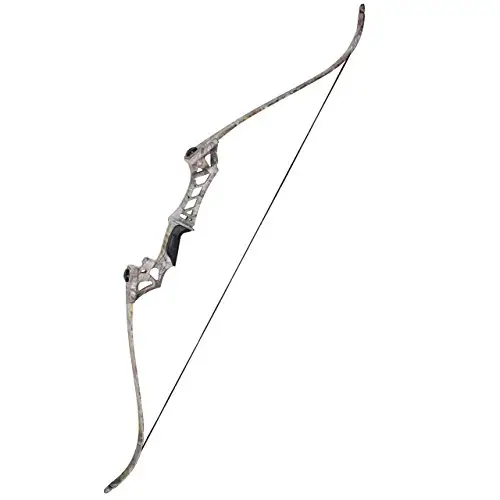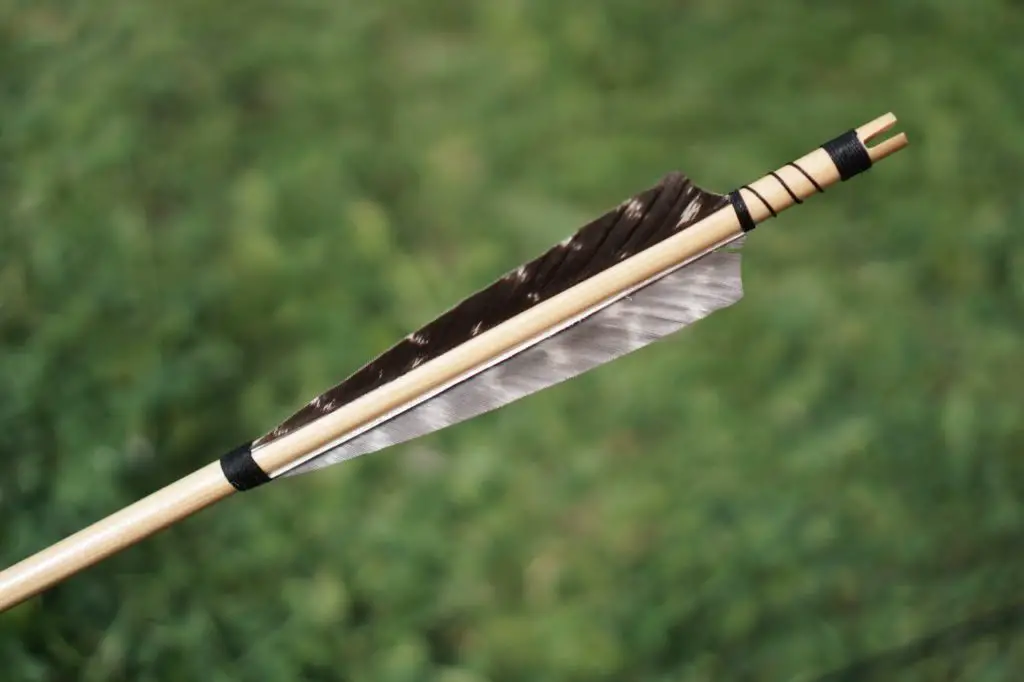Ever since archery has begun growing in interest again, young and younger children have been interested in the sport. The question is how old do you have to be to buy a recurve bow.
The reality is, there is no minimum age to buy a recurve bow in the United States. Recurve bows are not registered weapons and can be purchased in any state. Some local shops will have age restrictions personalized to the shop but there are no laws regulating the age of buying a recurve bow.
Before you do anything else, you would be well advised to understand why you want your child to get into archery. Is it a fantasy following a Robin Hood movie? Or the perfect score in the Olympic Games Archery final? Or is it an inherited passion from being around family or friends that do it? The latter is likely to last while the first two may just be a passing fad.
Can a person be too young to buy a recurve bow?
There is no quick and simple answer to this. It all depends on which viewpoint you’re looking at it from. There are a number of different aspects to consider before you can decide whether a person is “old enough to buy a bow”. Let’s look at all of these aspects in a little more detail.
Legal age for a license
Licensing requirements differ quite significantly from state to state. Research indicates that very few if any countries regulate simple ownership of any archery equipment. Certainly, in the US, you do not need a license to own a recurve bow or any accessories.
Where the regulations come in, is in the use of the bow.
- Shooting targets in your backyard, whether paper or 3D, is not regulated at all. You would be expected, though, to exercise common sense and to take precautions to ensure the safety of others.
- Shooting targets at a range will be regulated by the resident club. Age limits may be imposed. It is common for clubs to impose a minimum age of eight for participation on the archery range, although there are some exceptions.
- Hunting is the most regulated. This is an absolute minefield. In the US, this is regulated at State level. Each state sets its rules based on the seasons, the ecology of the region, the local climate and the population status of animals, among other things.
Hunting regulations include:
- Hunting seasons for various animals
- Minimum draw weights
- Geographic limitations
- Number of kills permitted
- And, of course, in most states, various age-related limitations.
Minimum Age to Hunt By State
Even the regulation of age is not a simple matter. There are so many variables here that it would take pages to list the regulations for each state. However, here is the minimum age to hunt alone. Most states allow you to hunt at any age with a parent or guardian.
| State | Minimum Age to Hunt Alone |
| Alabama | 16-years-old |
| Alaska | 10-years-old |
| Arizona | 10-years-old |
| Arkansas | No Age Requirement |
| California | No Age Requirement |
| Colorado | 12-years-old |
| Connecticut | 16-years-old |
| Delaware | 18-years-old |
| Florida | 18-years-old |
| Georgia | 18-years-old |
| Hawaii | 16-years-old |
| Idaho | 12-years-old |
| Ilinois | 16-years-old |
| Indiana | No Age Requirement |
| Iowa | 18-years-old |
| Kansas | 12-years-old |
| Kentucky | 12-years-old |
| Louisiana | 18-years-old |
| Maine | 16-years-old |
| Maryland | 15-years-old |
| Massachusetts | 18-years-old |
| Michigan | 12-years-old |
| Minnesota | 14-years-old |
| Mississippi | 12-years-old |
| Missouri | 16-years-old |
| Montana | 12-years-old |
| Nebraska | 18-years-old |
| Nevada | 12-years-old |
| New Hampshire | 18-years-old |
| New Jersey | 16-years-old |
| New Mexico | `18-years-old |
| New York | 16-years-old |
| North Carolina | 18-years-old |
| North Dakota | 15-years-old |
| Ohio | 18-years-old |
| Oklahoma | 10-years-old |
| Oregon | 14-years-old |
| Pennsylvania | 17-years-old |
| Rhode Island | 15-years-old |
| South Carolina | 12-years-old |
| South Dakota | 16-years-old |
| Tennessee | 17-years-old |
| Texas | 17-years-old |
| Utah | 16-years-old |
| Vermont | 16-years-old |
| Virginia | 12-years-old |
| Washington | 18-years-old |
| West Virginia | 15-years-old |
| Wisconsin | 12-years-old |
| Wyoming | 18-years-old |
More than half the states permit hunters under 16 to hunt alone. Younger than that they must be supervised and The supervisor must be appropriately licensed and must be 21 years of age. However, a few states allow supervision by hunters at the age of 18; or 17 in the case of Texas.
In most states, a hunter must undergo a hunter education course of some sort before they will be issued with a license. Age limits apply here too, in most cases. Ironically, these limits are not necessarily the same as the age limits for hunting.
Aside from age limits imposed by law, many people consider children under the age of 10 to be too young for archery hunting. Below 10 years of age, children will be unable to absorb and comprehend all the course material properly. They may also be emotionally too immature to handle all the responsibility that the license brings.
And, just to add another twist, some states differentiate between big game and regular game. Needless to say, the regulations governing big-game hunting are a little more stringent. Generally, for those states that specify an age limit for big game, the age varies from 10 years upwards.
Of course, all of these regulations apply only to state land and designated hunting areas. Owners and residents of private land, are not bound by these laws. Nor are Native Americans residing on a reservation. Hunting on legal shooting preserves is also exempt. These are usually private facilities with a commercial intent.

Maturity and ability
Relying on the law alone is not enough. Mental readiness and physical strength play a vital role in deciding if a child is ready for a recurve bow or not. Many children at the age of six are way more mature than others at 12. At the very least, the child should be able to stay focused long enough to learn the proper techniques and safety precautions. If a child does really enjoy it, their maturity will grow rapidly.
Likewise, physical strength is not directly proportional to age. Bear in mind though, recurve bow technology has advanced in leaps and bounds in the last few years. The range of bow sizes and draw weights available nowadays open archery and bowhunting up to far more people than just a few years ago. Consider also that actually participating in archery will quickly develop the relevant muscles and improve ability.
So, how do you decide?
Well, as you will have seen from all that has been discussed, you might as well ask how long a piece of string is. There are so many different things to consider. It really only comes down to a personal choice and each person’s individual attributes.
If your child shows spontaneous interest, there is really not much more to be concerned about. As long as you nurture the interest within the child’s physical capabilities. Try not to push too hard. In these cases, everyone is old enough to buy a recurve bow.
If the interest is sparked by an event, it would be advisable to proceed with caution. Whilst many a star has been born out of adulation for someone else’s achievements, more people have run out of motivation. At a young age, children are very impressionable and want to emulate their favorite characters. The question is definitely very valid here. And, frankly, there is no specific age. It may just be trial and error.
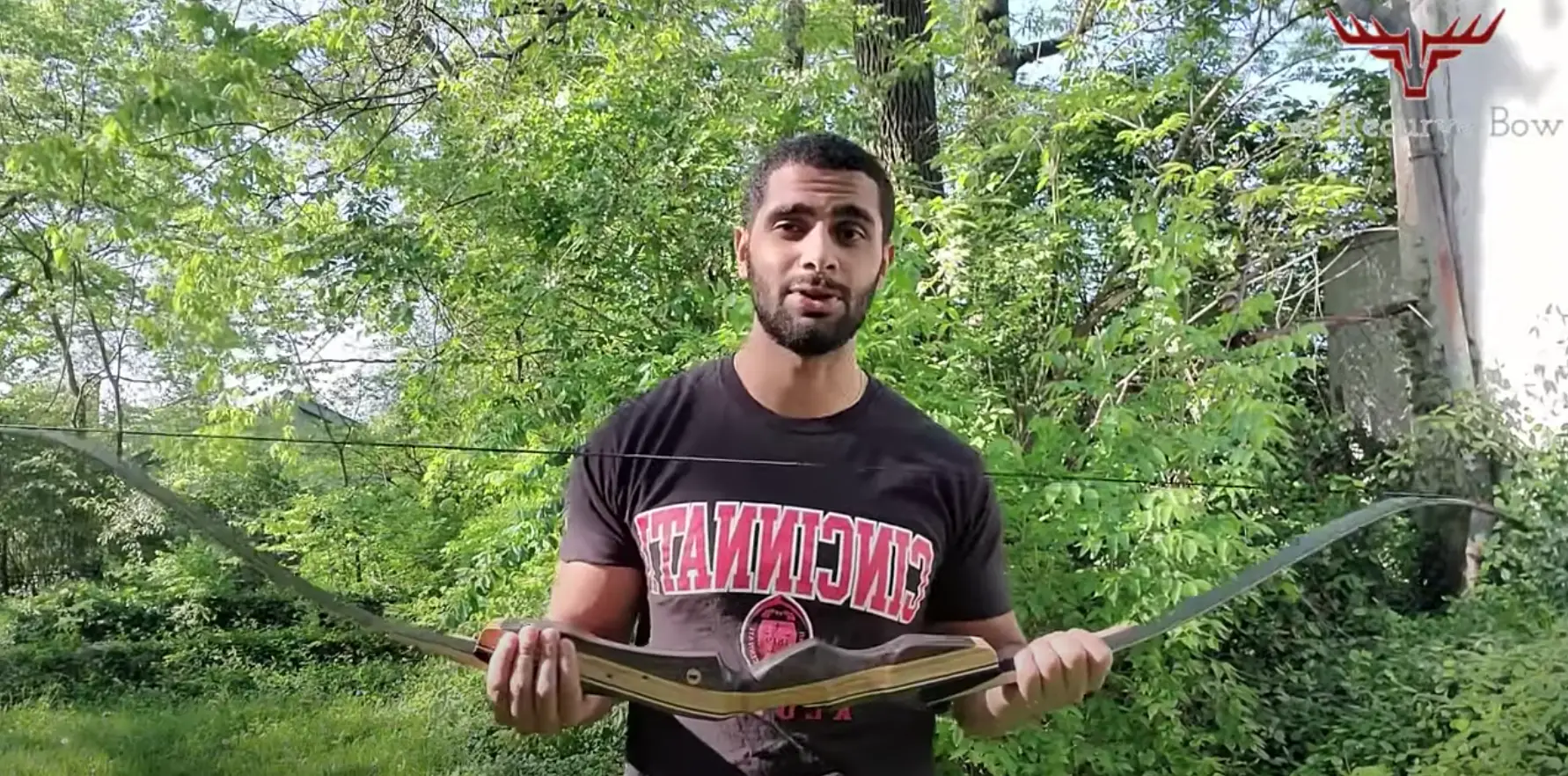
Archery is my hobby & I usually hunt and play on weekends and after work. It’s a passion since I was very young and I love writing about it as well to continuously learn more and share the love of archery with others!

